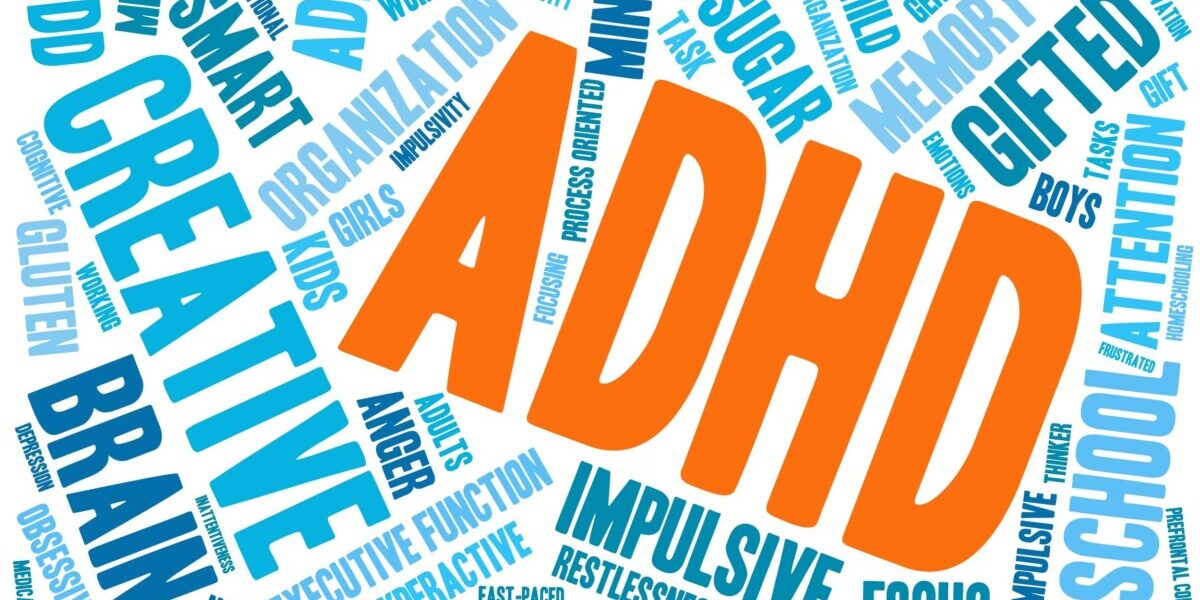Bad ADHD Studies Mislead ADHD Therapy For Adults
For a variety of ‘reasons’, ADHD has become a hot topic not just in pediatrics but also in adult medical care. While the earlier debate about the causes and true frequency of ADHD in children continues, this study highlights some major flaws in the research on adult ADHD which should make us pause before overmedicating adults. In fact, it indicates that over half of the studies on adult ADHD do not use sufficiently rigorous design criteria- which brings their trustworthiness into question.
When designing studies, we want as much clarity as possible that the treatment we are testing out works for the patients who have the condition we are treating. That makes sense, because we also don’t want other medical conditions or other medical therapies to contaminate our data to the point that we don’t know which condition we are treating and which therapy helped which condition. This is challenging with ADHD as many of its symptoms overlap with other mental health diagnoses like anxiety, depression, bipolar disease and schizophrenia.
Normally, studies will either exclude or at least strive for a balance between control and intervention groups in terms of these other diagnoses. Ideally, patients with conditions whose symptoms overlap with ADHD would not be included in either study group. To accomplish this study design purity, someone has to evaluate each test subject, using proper criteria. If the study skips this step, we have no grounds to think those other diagnoses won’t end up in the study groups, which makes the results sketchy at best.
When this group of researchers looked at 292 of the most respected studies on adult ADHD therapies, they found that half of those studies did not thoroughly exclude those overlapping diagnoses. They also note that 61% of the studies do not even mention who diagnosed the study participants with ADHD. Some noted that participants were either self-diagnosed or were diagnosed by a computer. Clearly, this leaves a lot of room for error.
So, where does that leave us? We must learn to discern what medical research is worth basing our decisions on. As long as we aren’t discriminating between reliable and unreliable research, medical science will continue to deliver a lot of bad soup. This bad soup information will often mislead us. Sometimes it will hurt us. Instead, we must send the bad soup back to the kitchen and ask for something more substantive. While not everyone needs to learn every statistical detail of scientific research evaluation, we need to know enough about good versus bad research to ask our medical providers useful questions and help them avoid serving us bad soup.
Finally, we must use this discernment to not get caught up in the hyped-up headlines or the overpromising pharma commercials encouraging us to try the next medication on the market proven to fix our ADHD symptoms. Living a healthier, more abundant life requires differentiating good soup from bad soup, not just eating whatever we’re offered.
Get started with Sanctuary today!
Click below to schedule your first conversation with our Patient Support Team.
https://sanctuaryfunctionalmedicine.com/intensive-program
Original Article:
Igor Studart, Mads Gram Henriksen, Julie Nordgaard. Diagnosing ADHD in adults in randomized controlled studies: a scoping review. European Psychiatry, 2025; 68 (1) DOI: 10.1192/j.eurpsy.2025.2447
Thanks to Science Daily:
University of Copenhagen – Faculty of Humanities. “Is that really ADHD? Why flawed trials may be misleading millions.” ScienceDaily. ScienceDaily, 1 July 2025. www.sciencedaily.com/releases/2025/07/250701020645.htm
Sanctuary Functional Medicine, under the direction of Dr Eric Potter, IFMCP MD, provides functional medicine services to Nashville, Middle Tennessee and beyond. We frequently treat patients from Kentucky, Alabama, Mississippi, Georgia, Ohio, Indiana, and more... offering the hope of healthier more abundant lives to those with chronic illness.

Dr. Eric Potter graduated from Vanderbilt Medical School and then went on to specialize in internal medicine (adult) and pediatric care, spending significant time and effort in growing his medical understanding while caring for patients from all walks of life.








